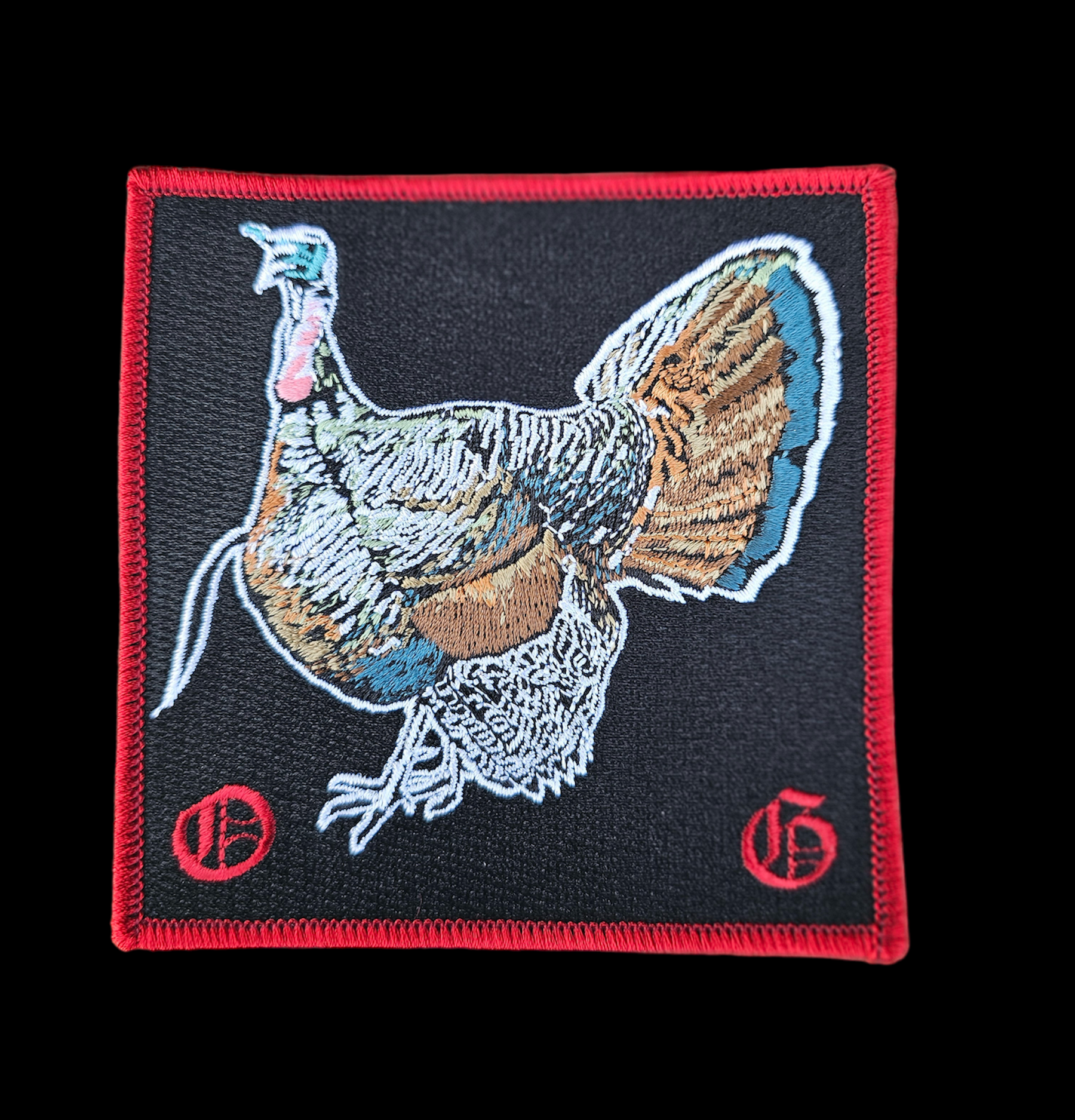       |
Setting up on gobbling bird before daylightStarted by Jeremy66, March 13, 2020, 01:24:53 PM Previous topic - Next topic
User actions
|
       |
Setting up on gobbling bird before daylightStarted by Jeremy66, March 13, 2020, 01:24:53 PM Previous topic - Next topic
User actions
|